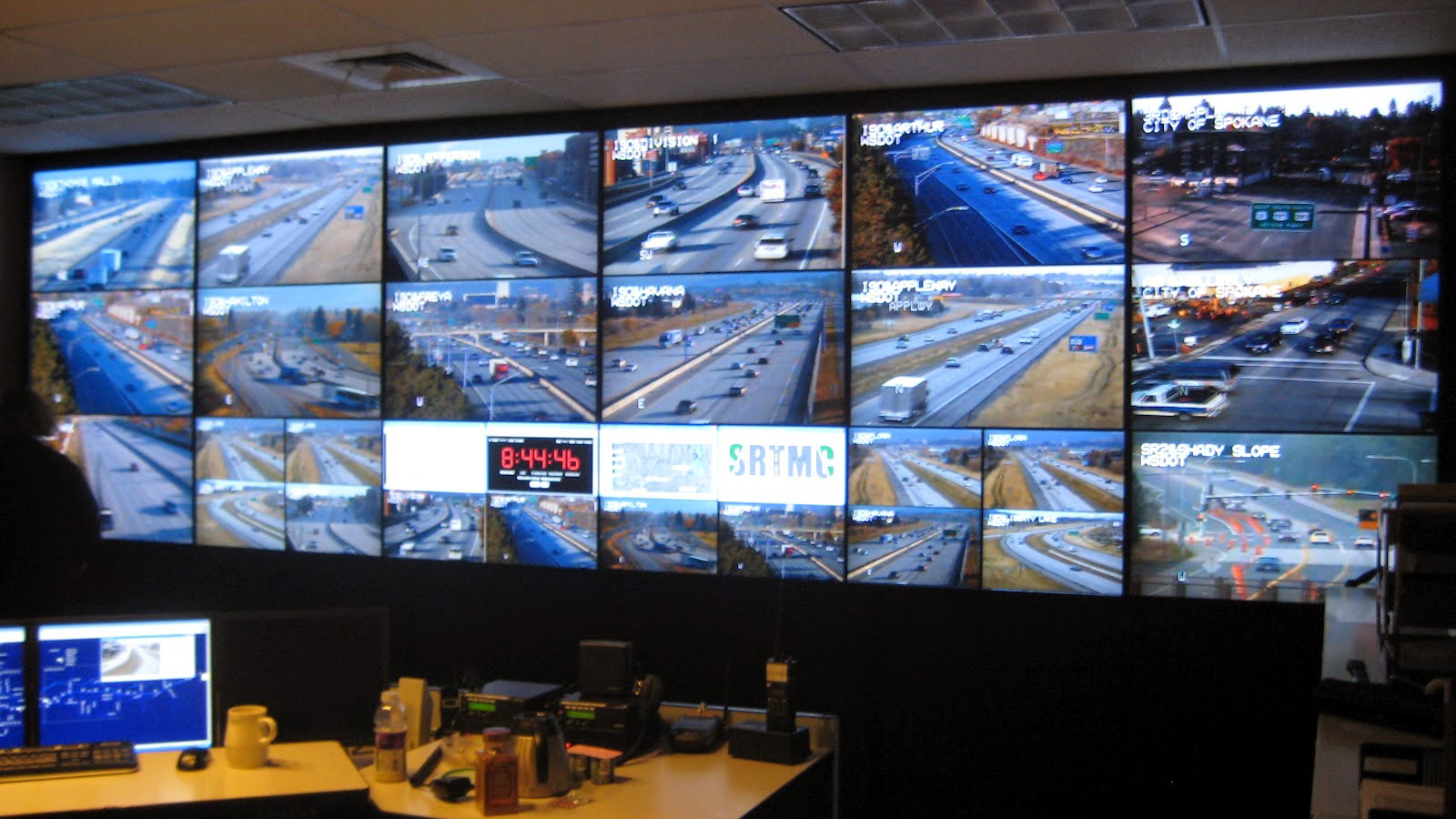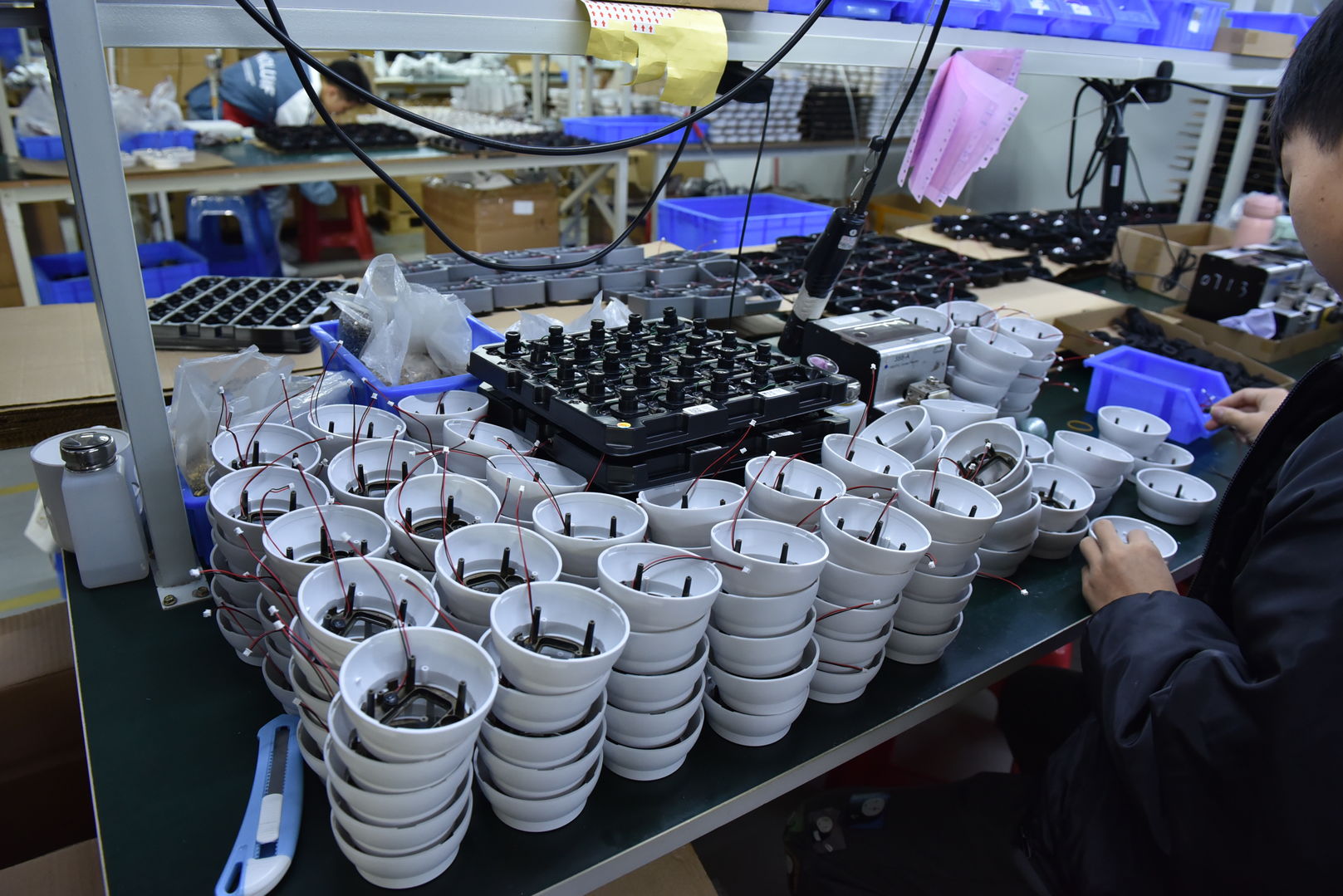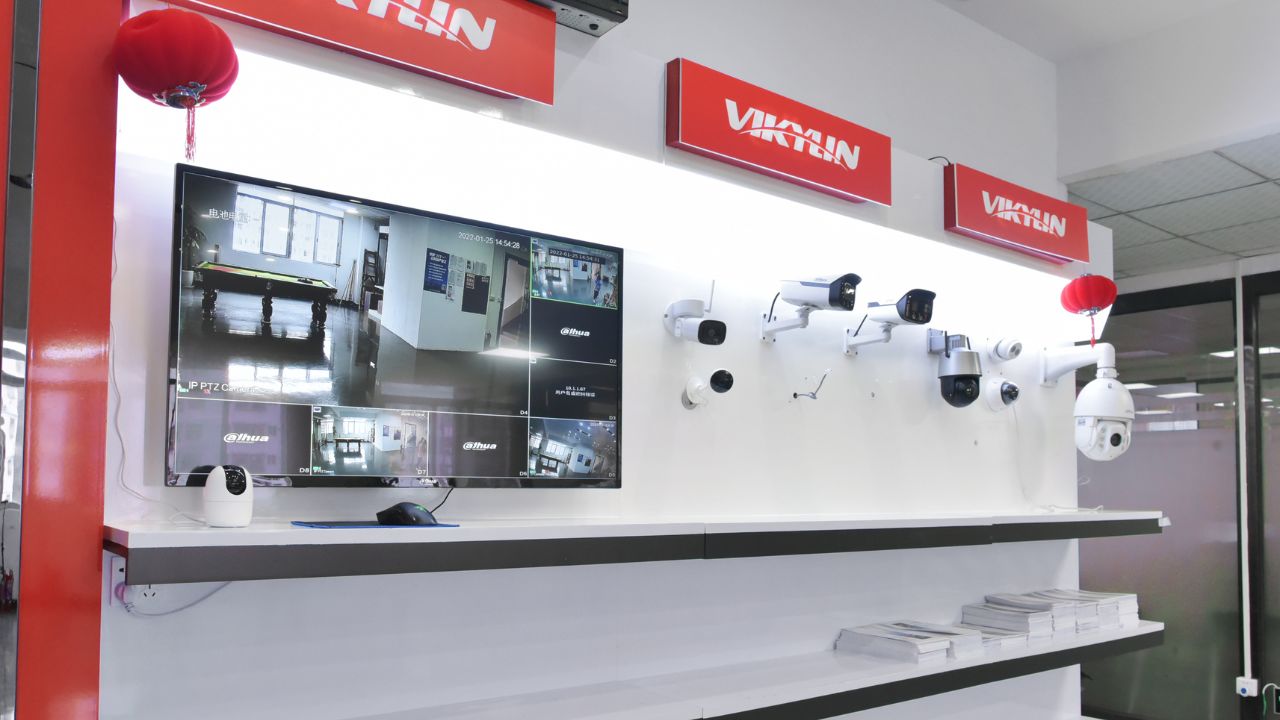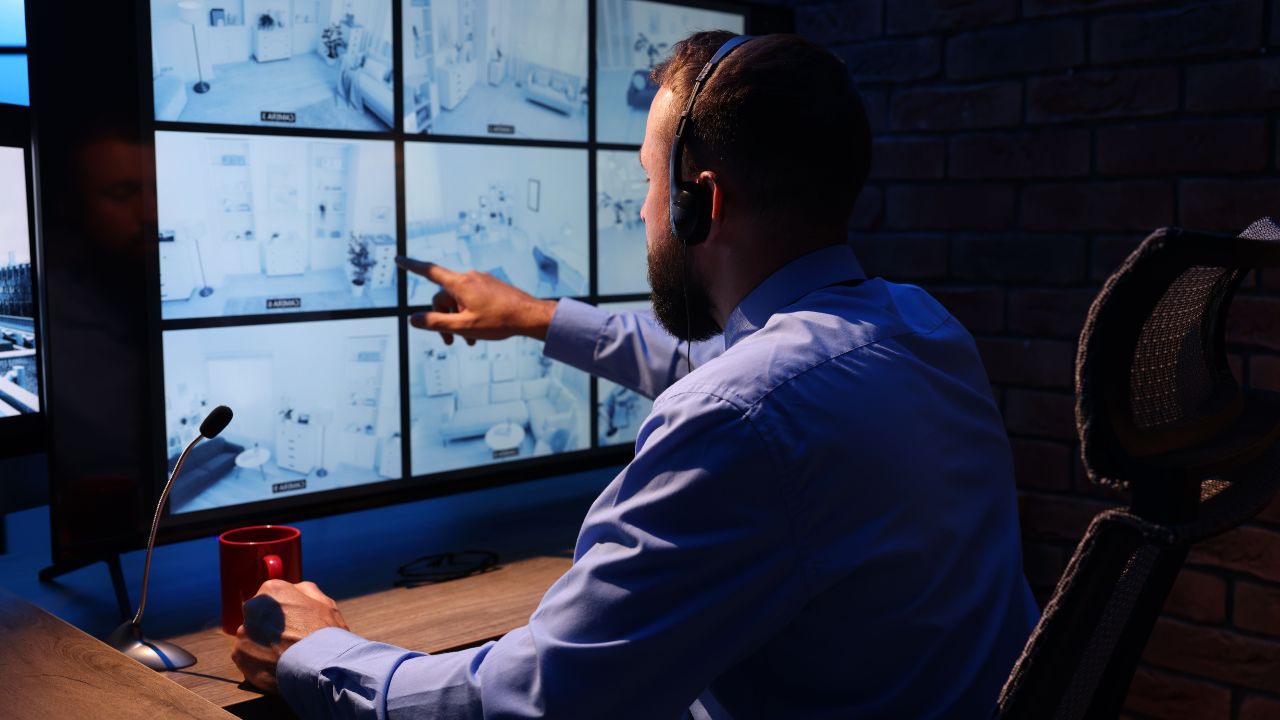In the realm of home surveillance camera, understanding the fundamental factors that influence image quality is crucial. Three critical aspects that significantly affect how images are captured and recorded are aperture, focal length, and field of view. In this blog, we will delve into the explanations of these elements and their impact on the overall image performance, helping you choose the best camera for your home security needs.

What Factors to Consider When Choosing The Security Camera?
Home surveillance camera aperture and its impact
Aperture refers to the opening in the camera lens through which light enters. It is denoted by an “f-number” (e.g., f/2.0, f/2.8), where a smaller f-number indicates a larger aperture opening. The aperture directly influences two key factors: the amount of light entering the camera and the depth of field.
- Low Light Performance: A wider aperture (smaller f-number) allows more light to reach the camera sensor, improving low-light performance and reducing image noise.
- Shallow Depth of Field: A wider aperture creates a shallower depth of field, making the subject sharp while blurring the background, ideal for artistic shots or isolating subjects.
Home surveillance camera Focal Length and its impact
Focal length is the distance between the smart home camera lens and the camera sensor when the subject is in focus. It is measured in millimeters and determines the magnification level and angle of view of the captured image.
- Magnification: Longer focal lengths result in higher magnification, bringing distant subjects closer, beneficial for long-range surveillance.
- Field of View: Shorter focal lengths offer a wider field of view, allowing for more area coverage in a single frame.
Home surveillance camera Field of View and its impact
Field of view is the area that a best camera for home security can capture within a frame. It is influenced by both the camera lens and the sensor size. A wider field of view means more area coverage but may sacrifice details.
- Coverage Area: A wider FOV is suitable for monitoring larger areas like backyards or driveways.
- Image Detail: A narrower FOV allows for more detailed images of specific subjects or objects.
Concousion
In concousion, understanding the impact of aperture, focal length, and field of view is essential for choosing the best camera for your home security needs. A wider aperture enhances low-light performance and enables creative depth of field effects. Longer focal lengths bring distant subjects closer, while shorter ones provide broader coverage. Consider the specific requirements of your surveillance areas to select the camera that meets your preferences.







